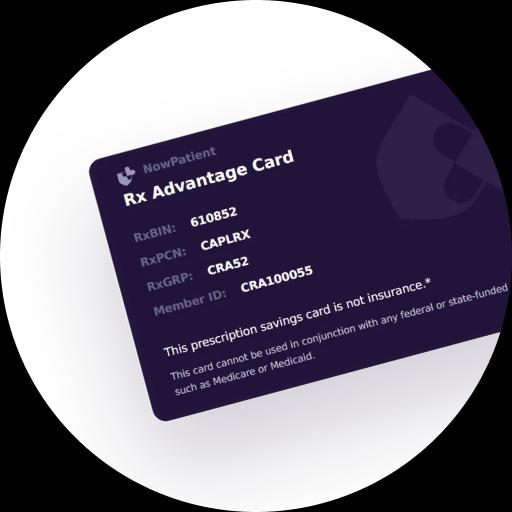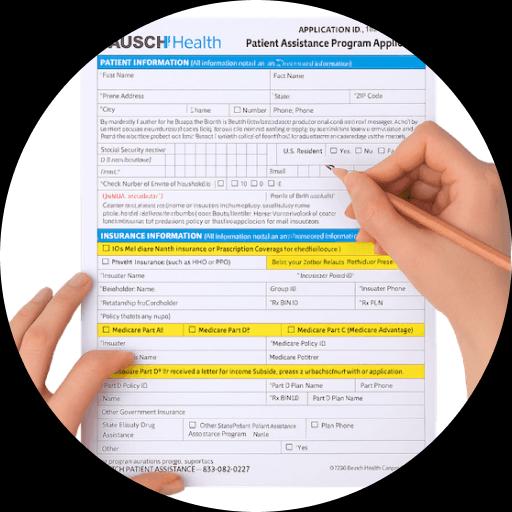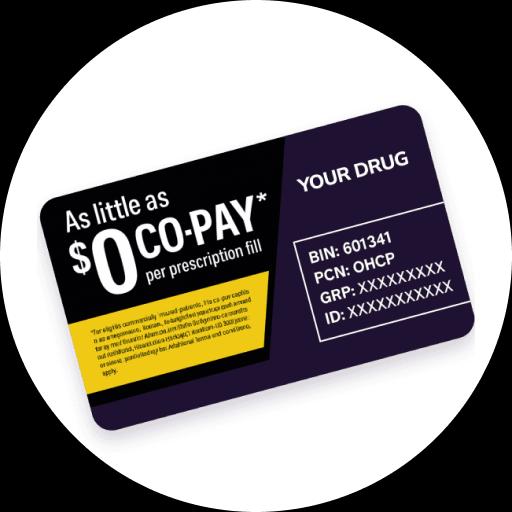Save on Gentamicin with Coupons, Discounts & Savings Programs


Start Saving Today!
Lower the Cost of Your Gentamicin Prescription
More great savings
View Related Brands
MEDICAL INFORMATION
Gentamicin Key Facts
What dosages is Gentamicin available in?
Gentamicin is available as a 0.3% ophthalmic solution and ointment.
What is Gentamicin used for?
Gentamicin is an aminoglycoside antibiotic and is used to treat bacterial infections of the eye or eyelid.
How does Gentamicin work?
Gentamicin is an aminoglycoside antibiotic. It kills bacteria by blocking their ability to make proteins that are necessary for their protective covering.
How do I take Gentamicin?
Gentamicin eye ointment is dosed as a half-inch sized ribbon to the infected eye(s) 2 or 3 times a day. Gentamicin eye drops is dosed as 1 or 2 drops in the affected eye(s) every 4 hours. For severe infections, you may need to use it every hour.
Is it safe for me to take Gentamicin?
Gentamicin is a safe and effective treatment when used for FDA licensed indications. However, like all medications, they may give you unwanted side effects. You should always discuss potential side effects with your physician to ensure the medication is suitable and right for you.
Gentamicin Common Side Effects
Common side effects of Gentamicin include:
- Eye burning
- Eye irritation and redness
Gentamicin Serious Side Effects
Serious side effects are rare with Gentamicin. Contact your healthcare provider immediately if you experience any of the following.
- Allergic reactions
Effects of other drugs, drug classes and over-the-counter products on Gentamicin
- There are no major drug interactions listed for Gentamicin. However, you should always let your physician and pharmacist know about any other medications or supplements (including prescribed and over-the-counter medications, vitamins, and dietary or herbal supplements) that you are currently taking
Who makes Gentamicin?
Various FDA-approved generic manufacturers
Is Gentamicin safe in pregnancy?
It is not known if Gentamicin will harm your unborn baby. You should talk to your healthcare provider before taking this medication if you are pregnant.
What is the brand name for Gentamicin?
Medical Disclaimer
NowPatient has taken all reasonable steps to ensure that all material is factually accurate, complete, and current. However, the knowledge and experience of a qualified healthcare professional should always be sought after instead of using the information on this page. Before taking any drug, you should always speak to your doctor or another qualified healthcare provider.
The information provided here about medications is subject to change and is not meant to include all uses, precautions, warnings, directions, drug interactions, allergic reactions, or negative effects. The absence of warnings or other information for a particular medication does not imply that the medication or medication combination is appropriate for all patients or for all possible purposes.
OUR CUSTOMERS VIEW
What Customers Love About Our Service
We want everyone to be happy and healthy, that’s what keeps us going. Read what some of them have to say about us.
Medicines Experts
Meet Our Medical Team
We are a broad skilled and passionate group of clinicians with experience of operating in health systems in the United Kingdom & United States. Providing excellent care and advice is at the heart of everything we do. You can read more about our medical team by visiting the medical team page or learn more about how we curate content by visiting our editorial process

























